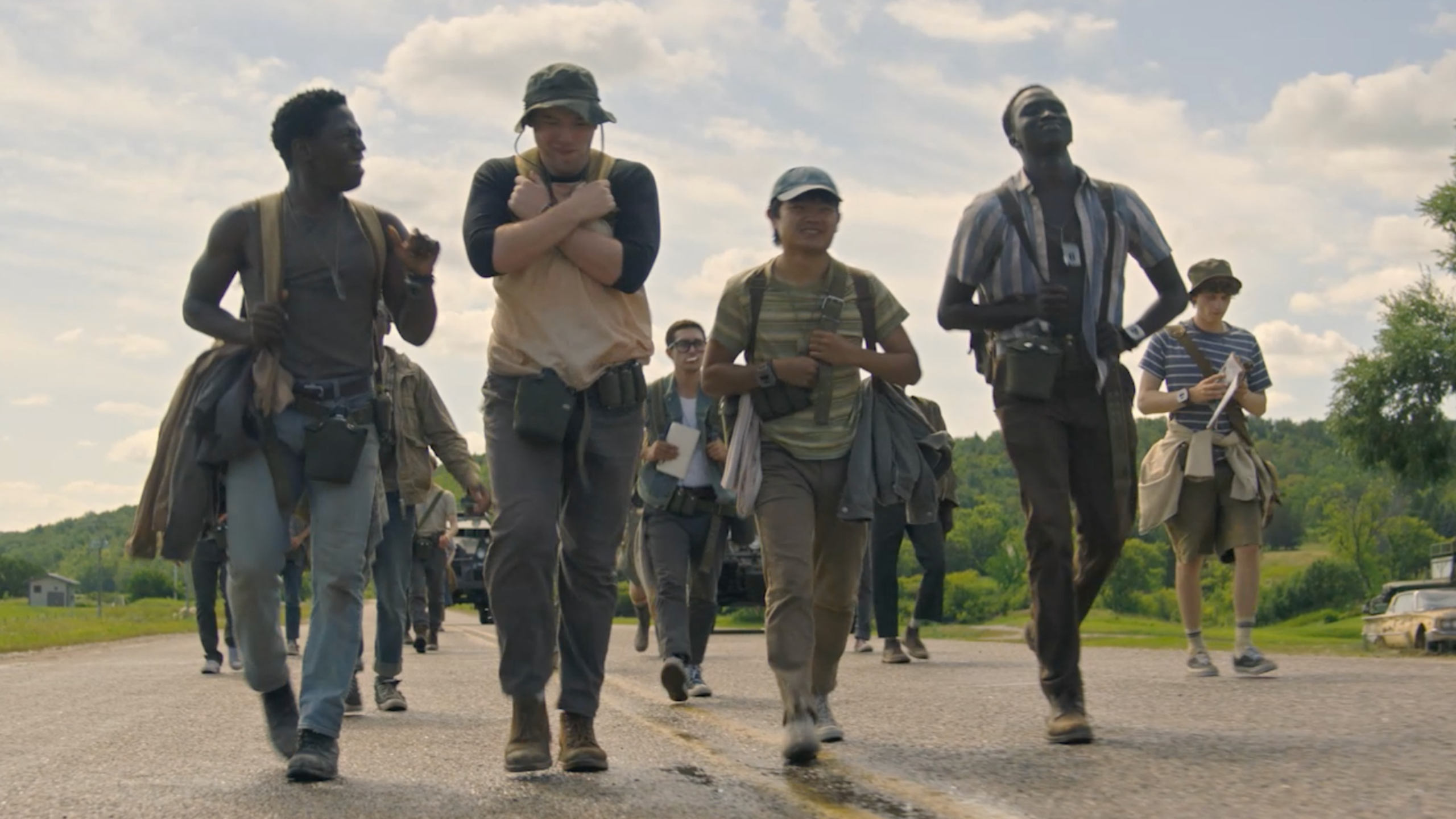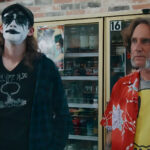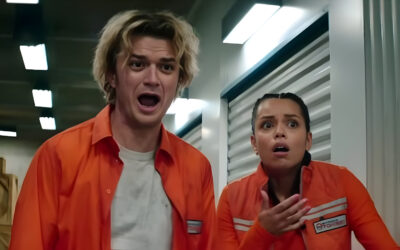This year has offered a feast for Stephen King fans, with adaptations like The Monkey and The Running Man, and the series “The Institute” debuting. Yet, among this flurry of releases, I have been most eager to see Francis Lawrence’s rendition of The Long Walk. Having now experienced this harrowing journey firsthand, I can confirm: this film transcends mere adaptation. It is a profound, gut-wrenching cinematic achievement.
The Long Walk holds a revered place in King’s canon, not just for its chilling premise, but because it was the first novel King ever completed, written in 1966. It was finally introduced to the world in 1979 under the now-famous pseudonym, Richard Bachman. Lawrence successfully translates this legendary source material into a film that is stark, relentless, and suffocatingly atmospheric.
The setting is deliberately Spartan. It is a desolate, unending stretch of asphalt flanked by fields and abandoned cars. Here, fifty teenage boys, having volunteered for this lethal competition, line up to begin “The Walk.” The objective is terrifyingly simple. The last boy standing will claim a massive cash prize and have any wish granted. Unfortunately, this means forty-nine boys must die.
The rules embody cold, efficient cruelty: maintain a minimum speed. Fall below the threshold or stop, and you receive a warning, delivered by the heavily armed military escort (the Scramblers). Accumulate three warnings, and you are immediately executed. This creates a situation as much about physical endurance as about a sustained psychological war against exhaustion, dread, and a ruthless clock.
The true core of The Long Walk lies not in the gore, but in the intense human connections forged under pressure. Our focus narrows quickly to Raymond Garraty (#47), played with intensity by Cooper Hoffman, and to Peter McVries (#23), portrayed by David Jonsson in an absolutely incredible breakout performance.
Garraty carries the weight of anger and a plan for vengeance. Peter emerges as the story’s necessary moral compass. Orphaned and street-hardened, Peter is the voice of kindness, the source of dark humor, and the light in the darkness. Jonsson and Hoffman anchor a fantastic ensemble cast of diverse boys—some instantly likable, others immediately despicable—but the heartbreaking, co-dependent complexity of Raymond and Peter’s bond remains the emotional axis of the entire film.
At its thematic peak, the film skewers the subjects of evil governmental control, mass desperation, and the use of human sacrifice as a televised sport. These kids, victims of a collapsing dystopian society, believe this terrifying event is their only path to survival.
Director Francis Lawrence, known for navigating large-scale dystopian epics, maintains an agonizing pace. He captures the monotonous dread with a visual style that feels both claustrophobic and endless. This isn’t traditional slasher horror. It’s the constant, psychological misery reminiscent of King’s most significant works, like the soul-crushing despair of The Mist or the cold finality of Pet Sematary. There are also fleeting, tender moments that echo the deep friendships found in Stand by Me (The Body). Shared trauma briefly creates a necessary sanctuary.
Throughout the film’s punishing runtime, I felt a deep, sickening dread, allowing myself to get deeply attached to these doomed boys. That attachment made the ultimate climax, a true cinematic tragedy. I will be 100% honest: I cried. My heart broke for these boys.
The Long Walk is not a film meant to comfort or entertain in the traditional sense. It is the kind of movie that leaves you emotionally raw. A bit mad, and deeply depressed. But ultimately, better off for having experienced its powerful, unflinching examination of human nature. This film is a punch in the gut, but totally worth the tears.
The Long Walk is out now on VOD. Get your copy on Blu-ray, DVD, or 4K UHD on December 23, or Steelbook on December 25. If you are craving more tales from the twisted mind of Stephen King, we have good news. Many new adaptations are coming in 2026. Check out our list.














